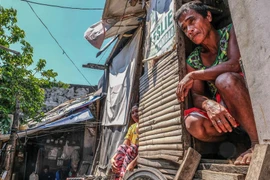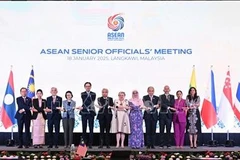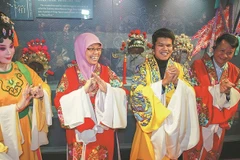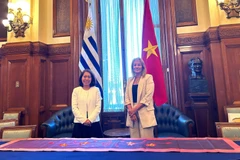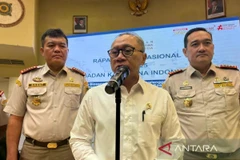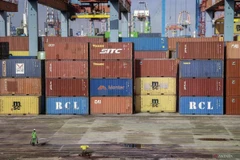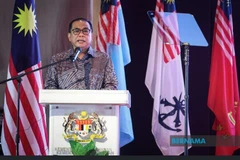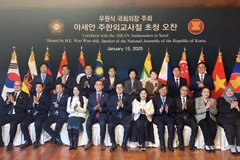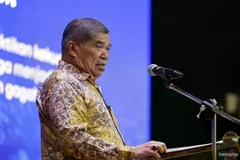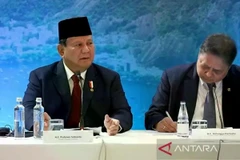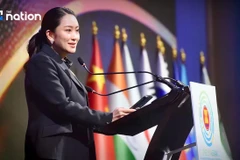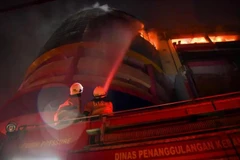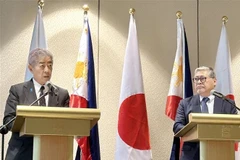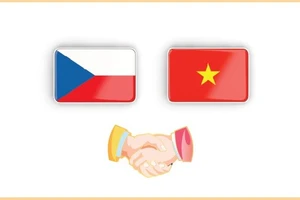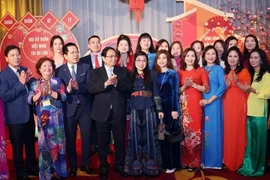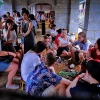Hanoi (VNA) - The Philippines has allocated96.2 billion pesos (roughly 1.98 billion USD) to advance the country's railwaysystem, including the 36-km Metro Manila subway, a lawmaker of that country said on August 31.
Representative Luis Campos, the HouseAppropriations Committee vice chairman, said the total capital outlay is includedin the 4.5 trillion pesos national budget for 2021 submitted by the PhilippinePresident Rodrigo Duterte to the congress last week.
Campos said the subway project in theSoutheast Asian country's capital is getting a 34.6 billion pesos in newfunding in 2021.
He said the 34.6 billion pesos is on top ofthe combined 11.3 billion pesos earmarked this year and in 2019 for Phase 1 ofthe country's first underground commuter train system.
Besides the Metro Manila subway project, amain railway project in Luzon island is getting another 58.6 billion pesos fund,said Campos.
The 147-km railway project will run fromCalamba in Laguna province, south of Manila, to New Clark City in Capas, Tarlacprovince, north of Manila.
The 639-km train will link up Metro Manila tothe southern regions in Luzon island, and to cut travel time between MetroManila and Legazpi City in Albay province from 13 hours to just six hours.
In 2017, the Philippine government proposedto spend 8 to 9 trillion pesos in the next five years to improve the country'spublic transportation system, including roads, bridges, airports, seaports, andrailways./.


